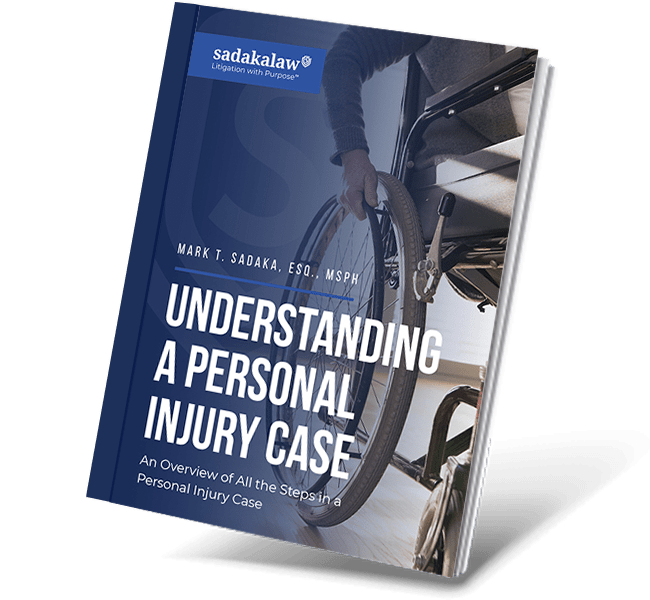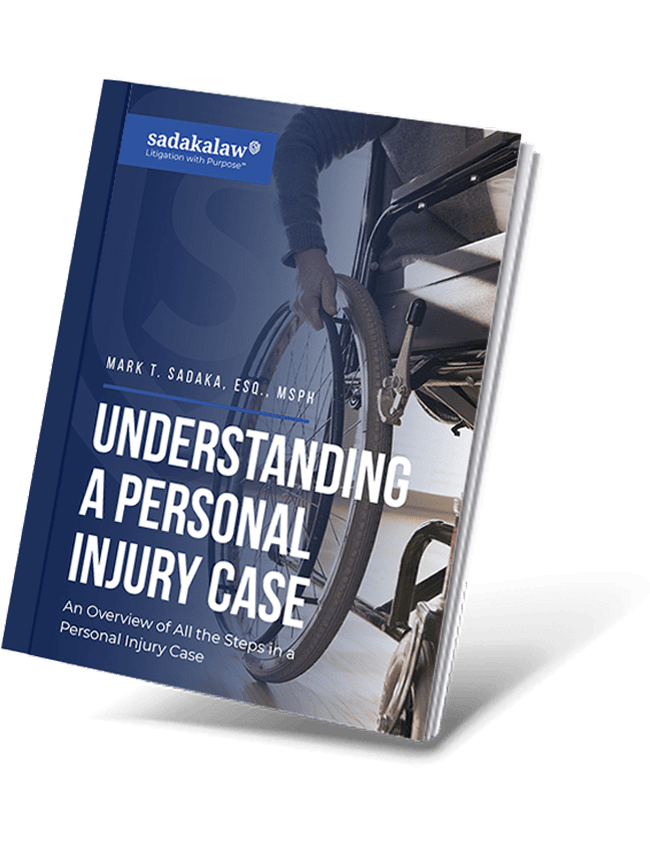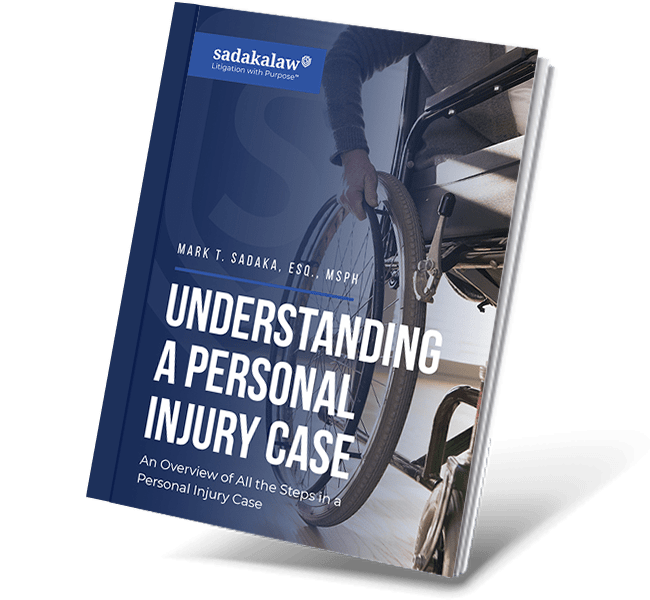
Apply for SSI – Filing a Claim for Mental Impairments
A claim for SSI benefits under Supplemental Security Income (SSI) for a mental disability or impairment can be granted as long as medical evidence can be provided to prove it. To apply for ssi, you must prove that you’re disabled from performing past relevant work for at least 12 months and that there are no alternative occupations that you’re able


